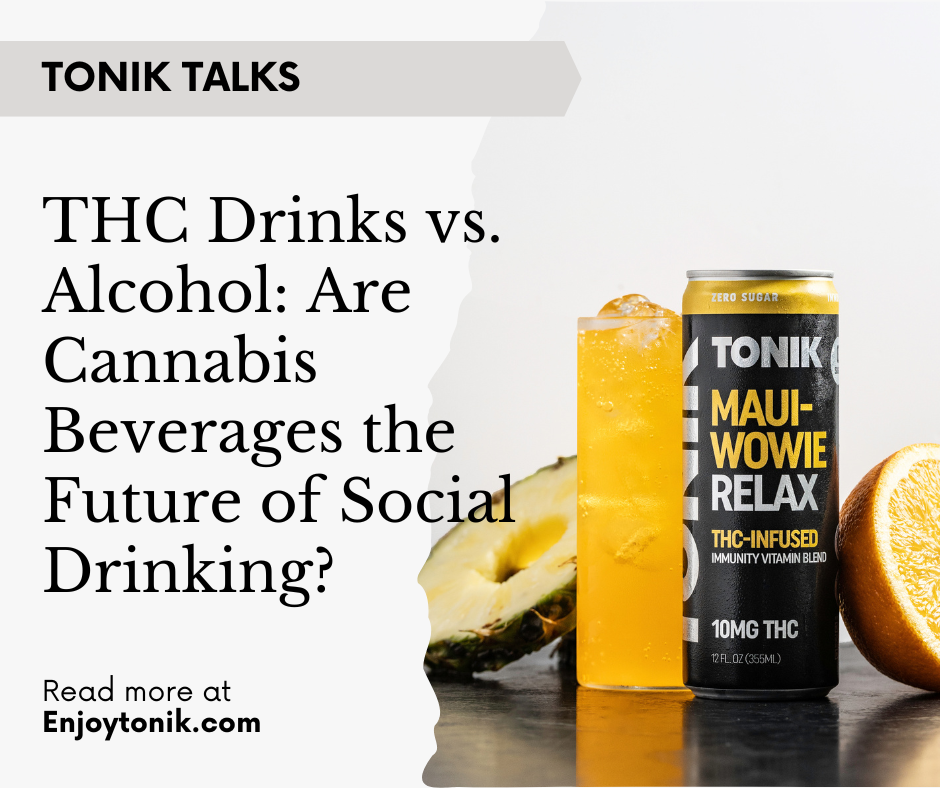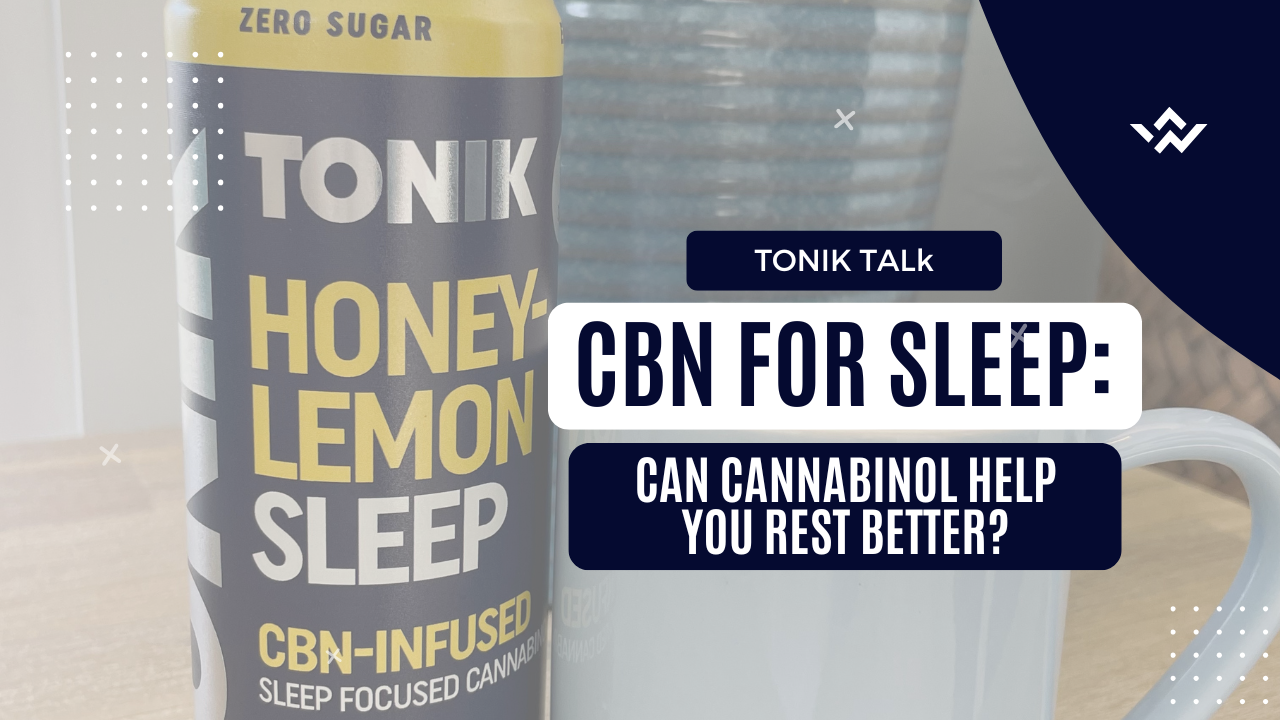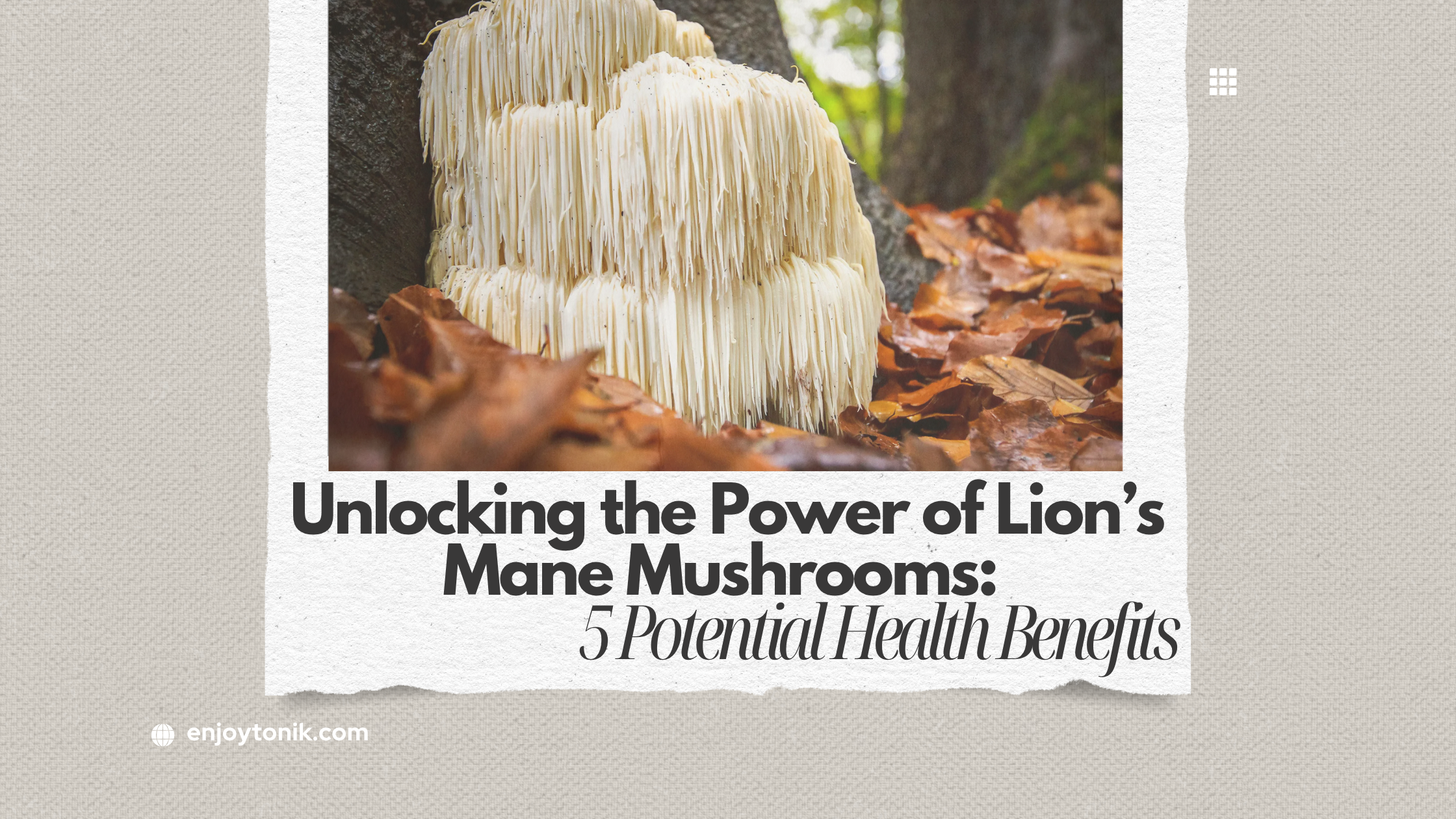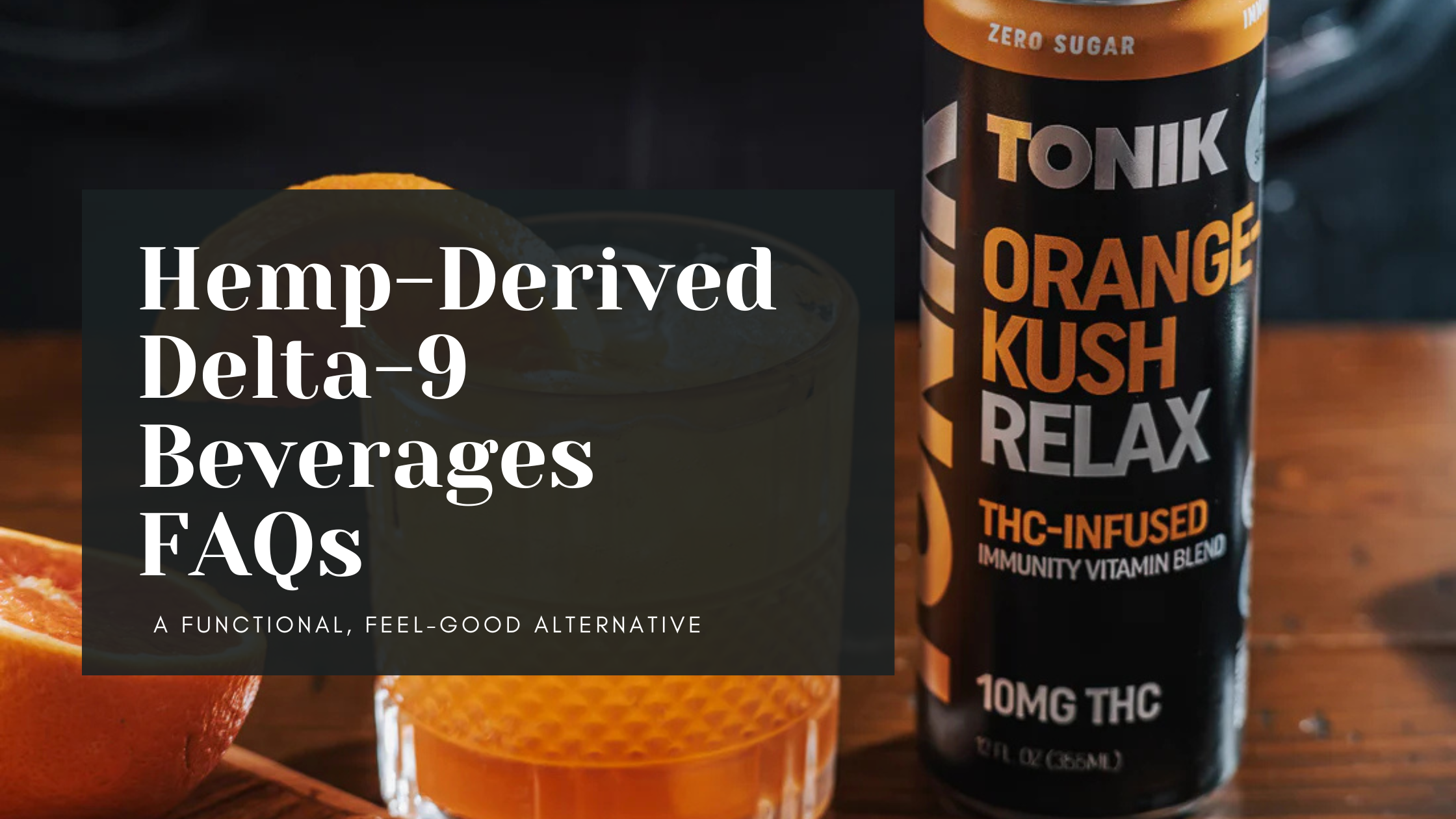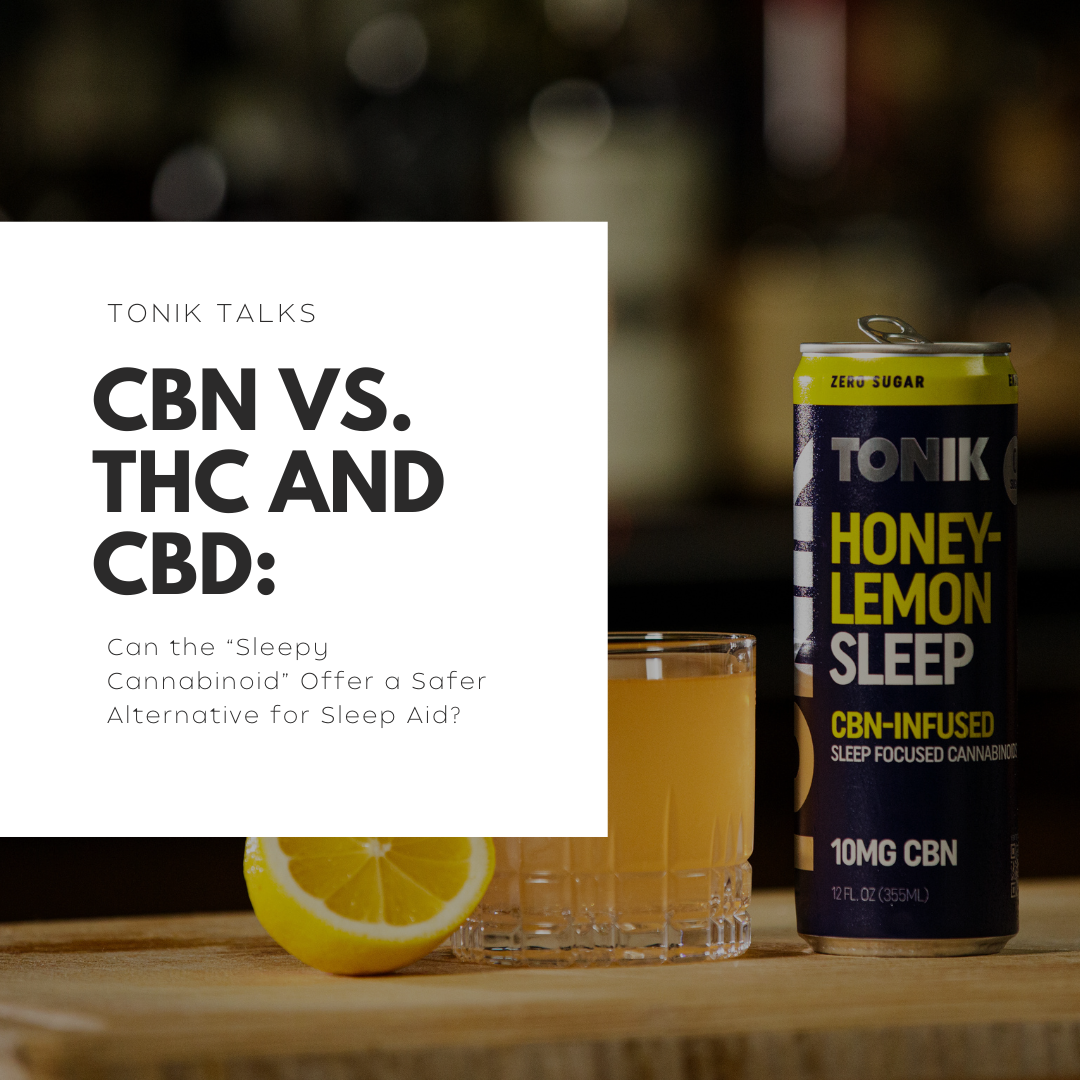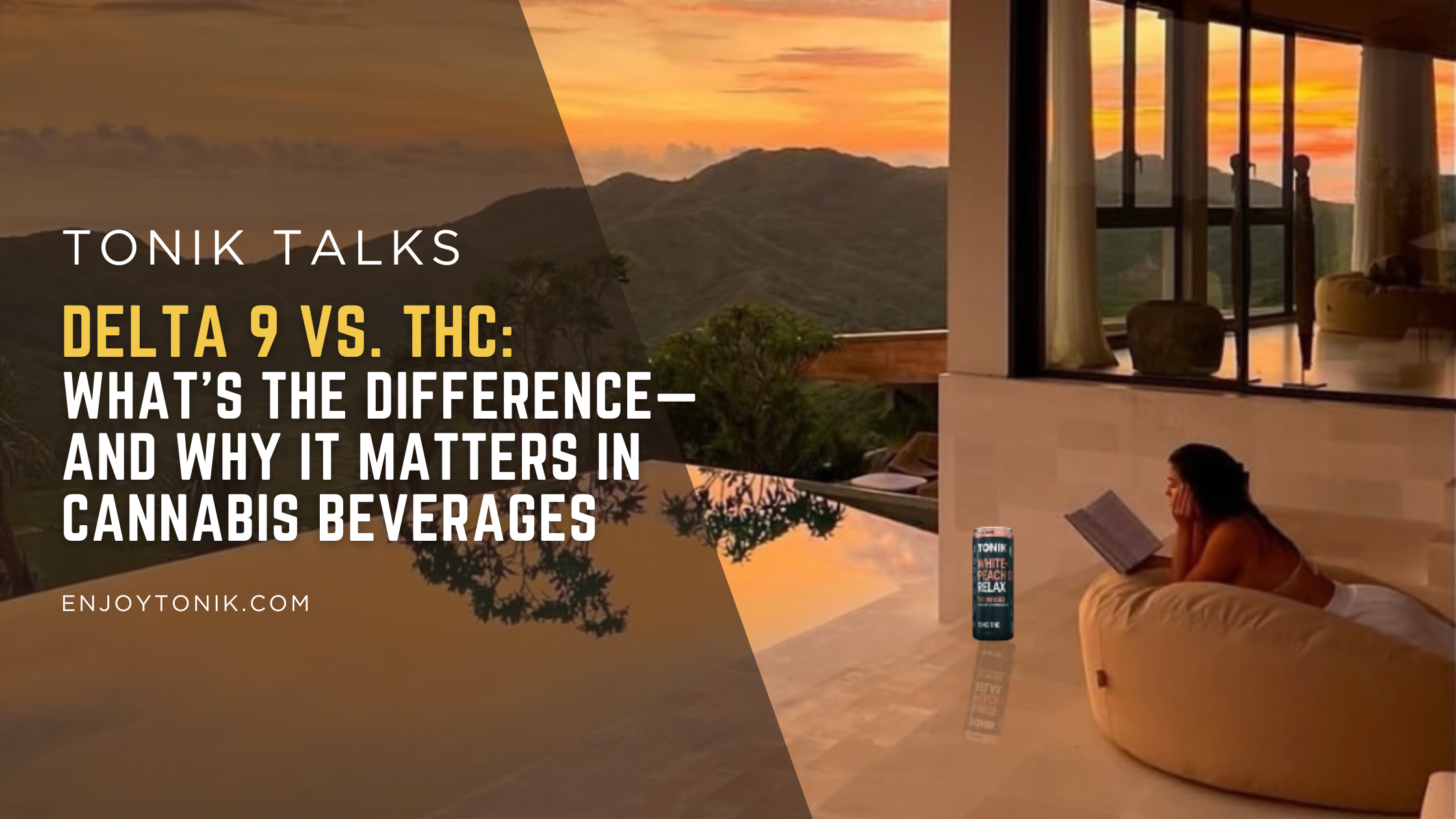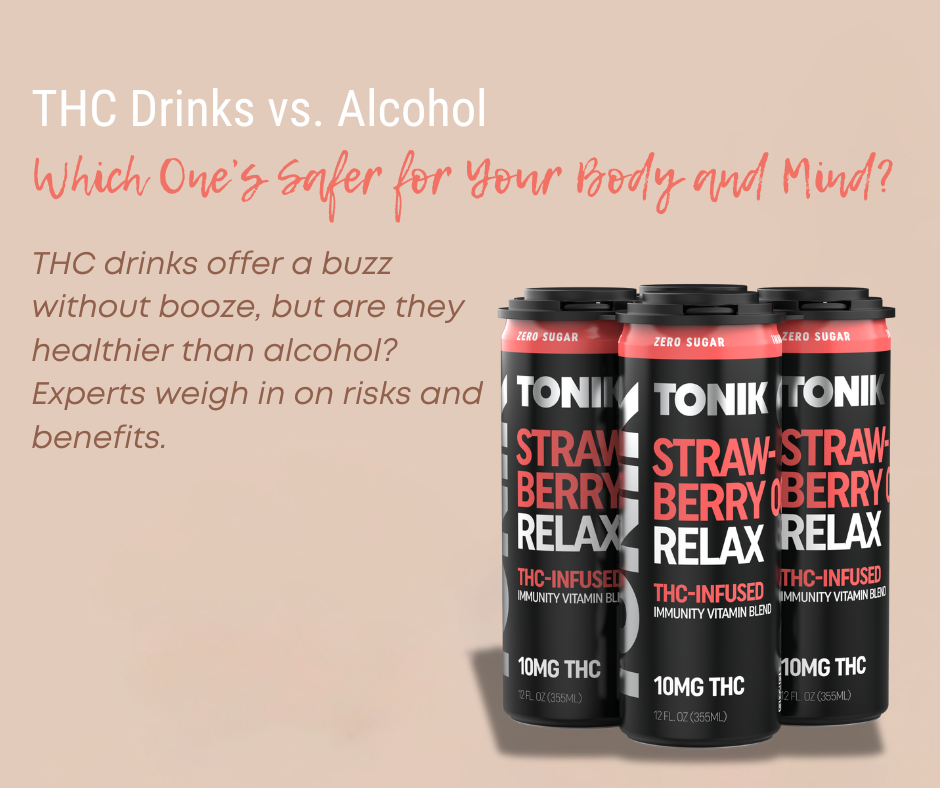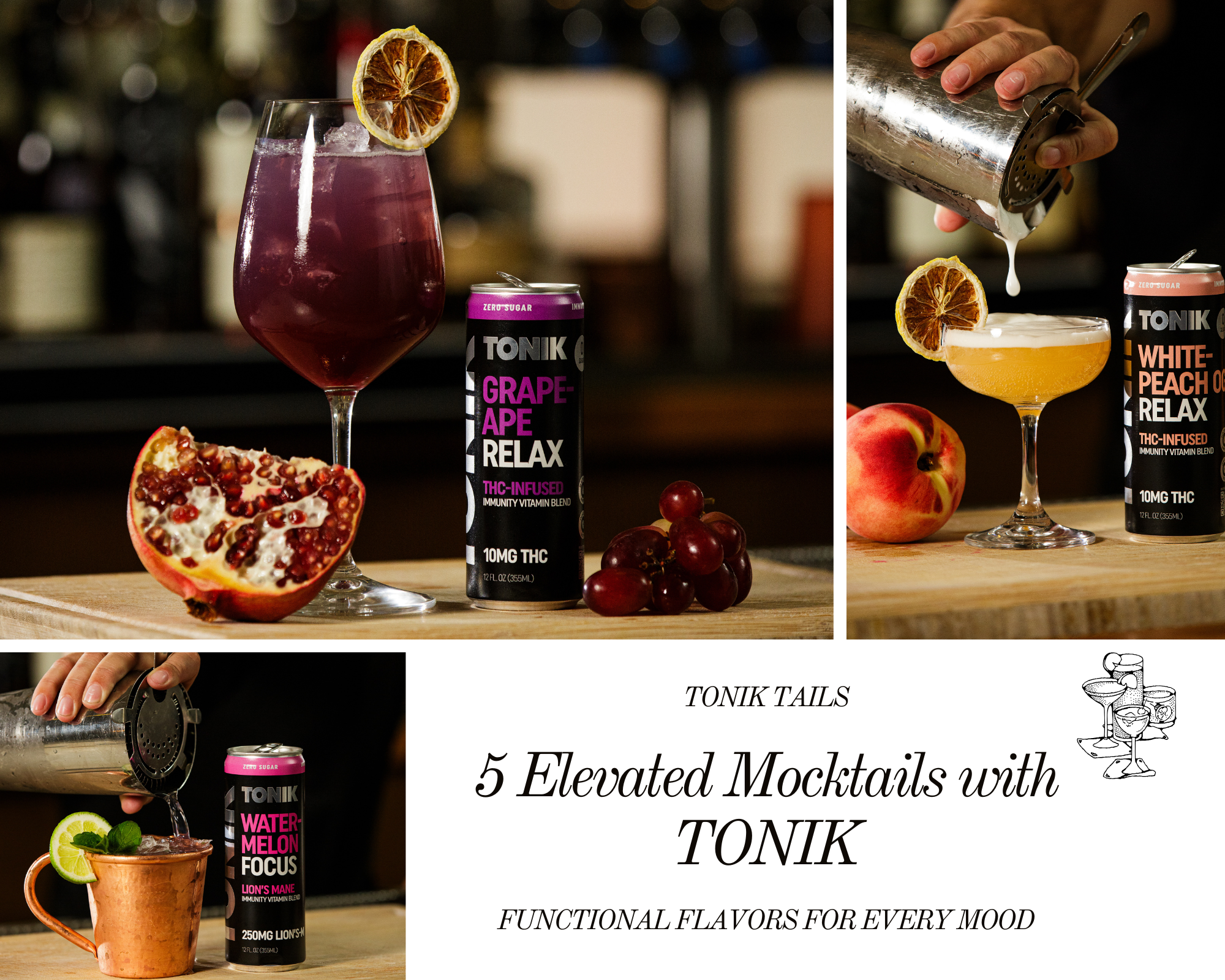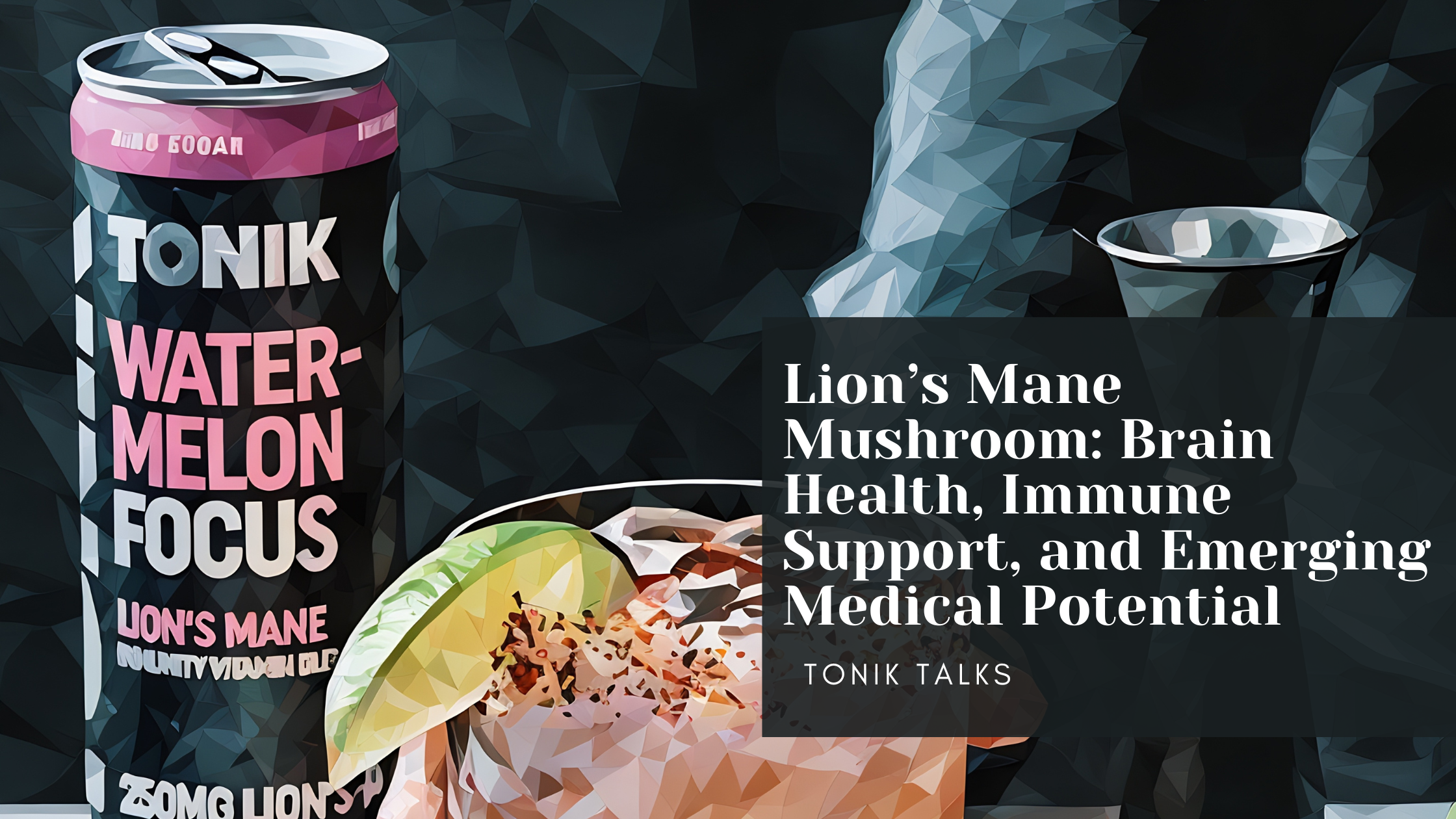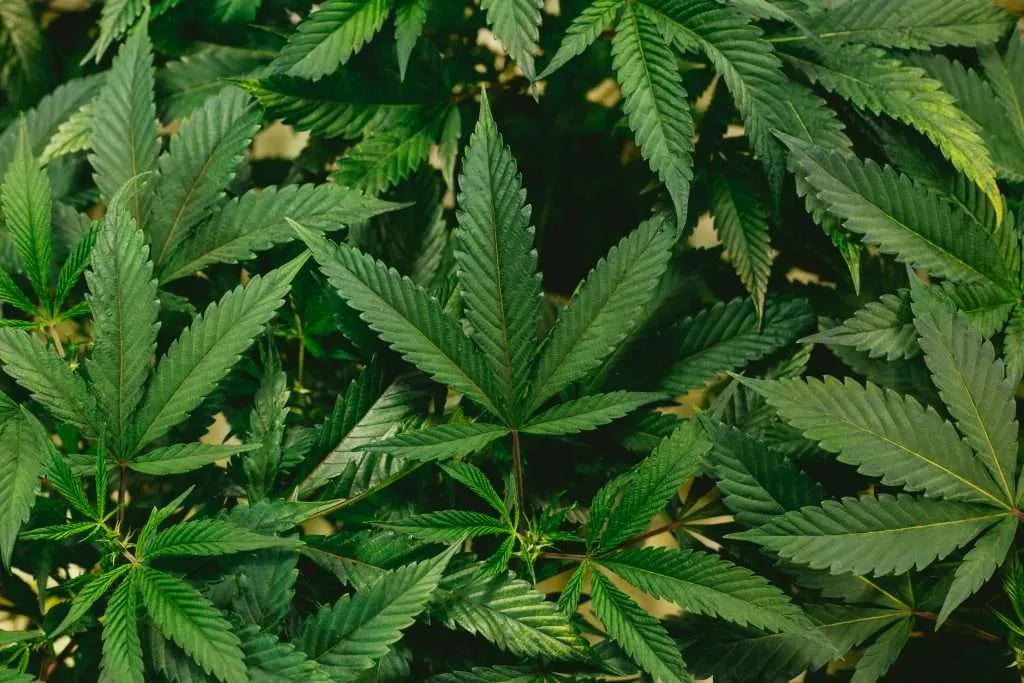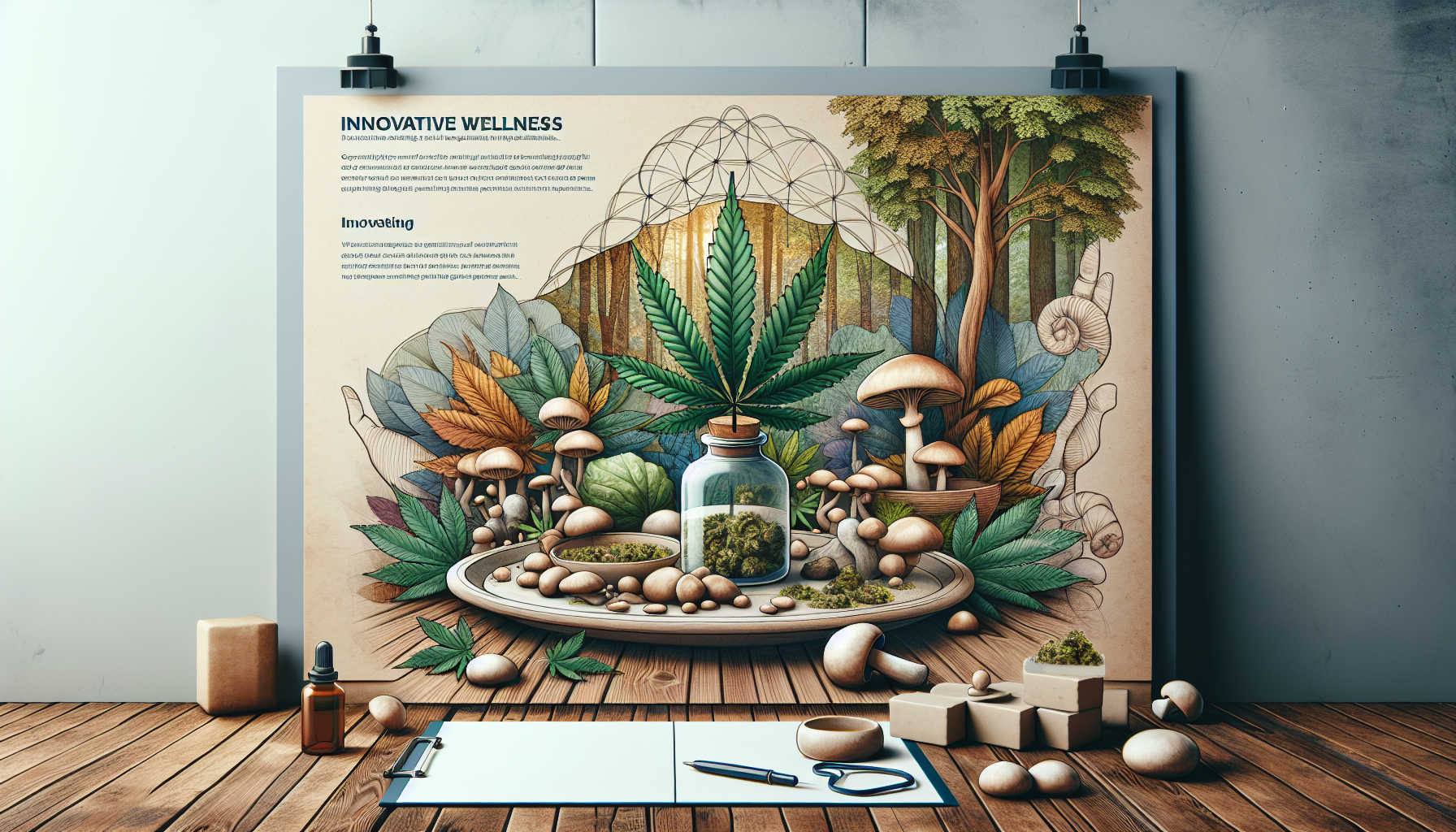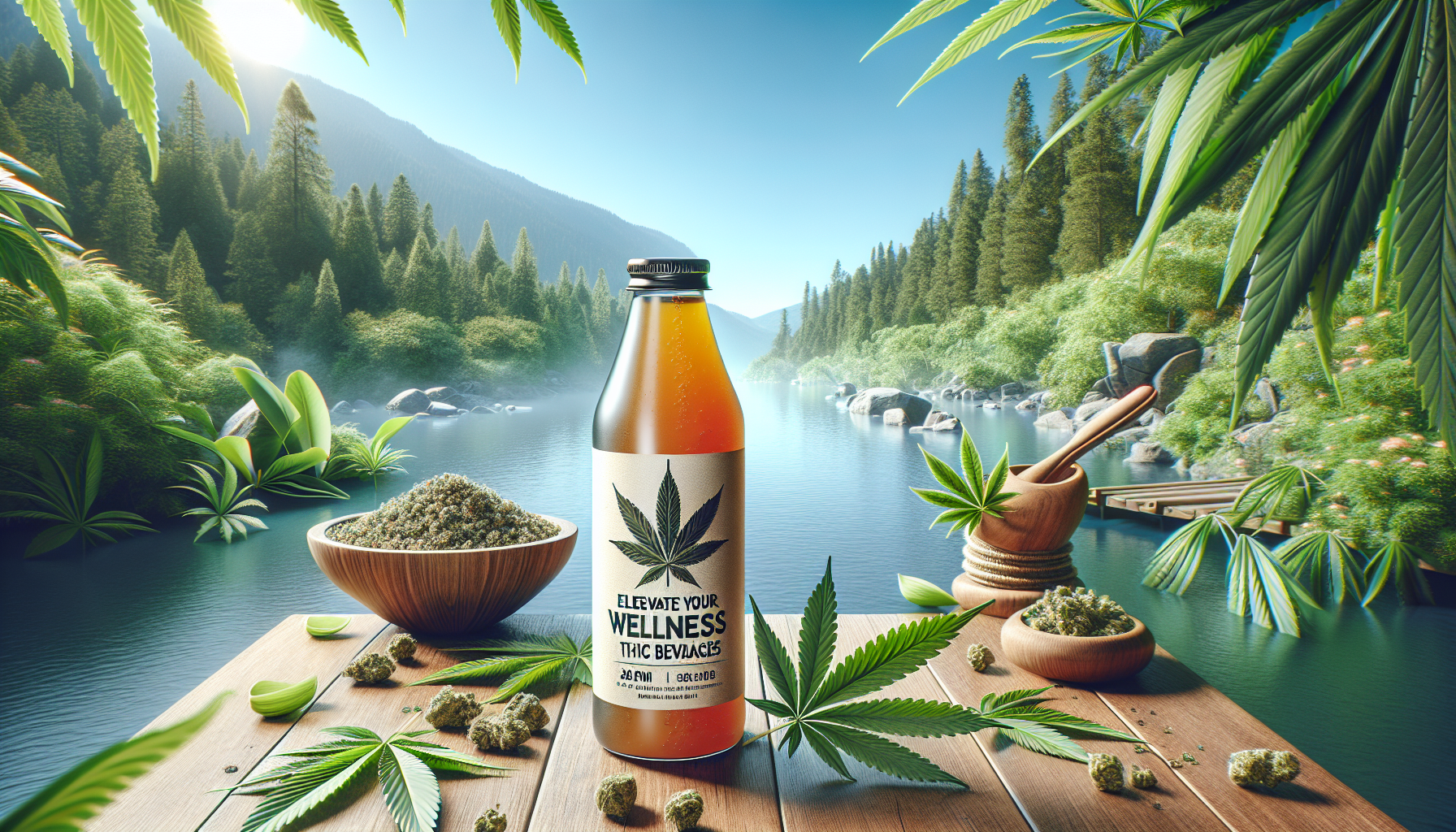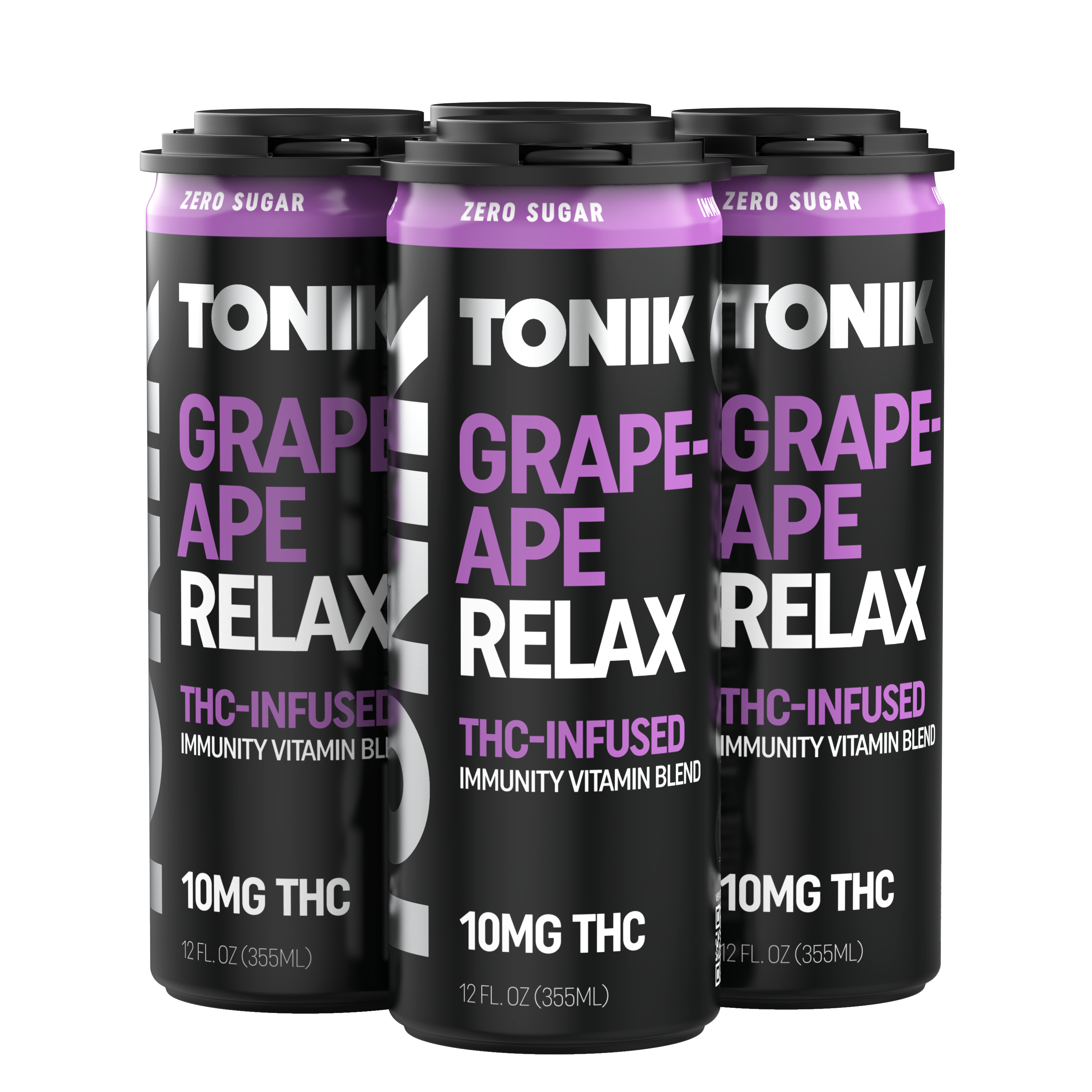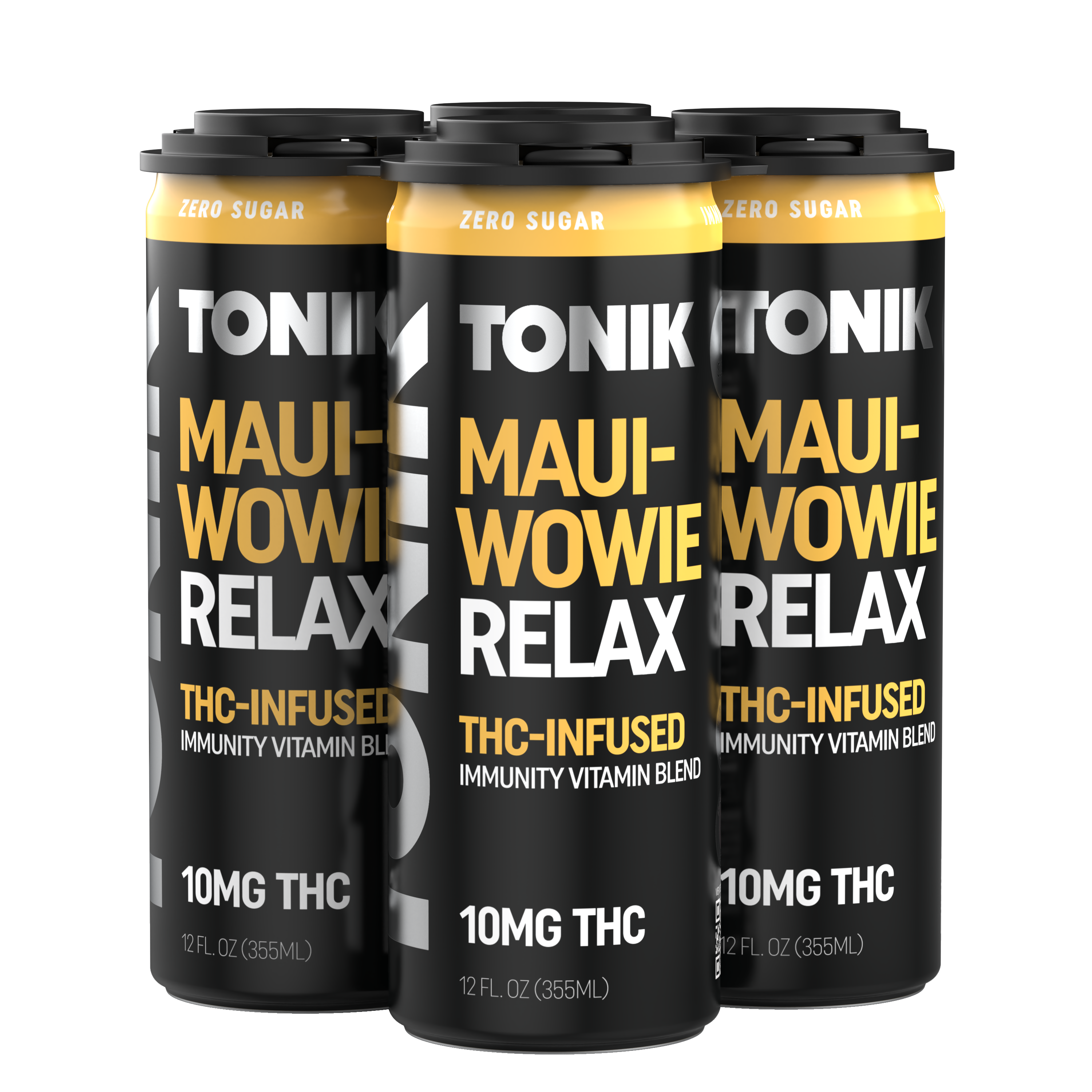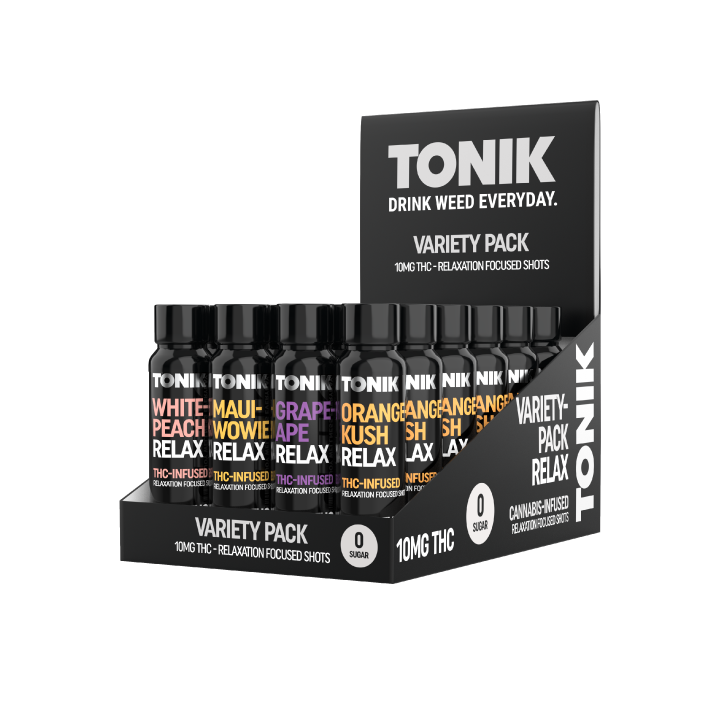THC Beverages have been all the buzz in recent months. Explore how THC drinks compare to alcohol in health, wellness, and lifestyle benefits. A new era of social sipping begins.
Once relegated to dispensaries, cannabis drinks are now showing up on liquor store shelves and delivery apps—and for good reason. They offer an alcohol-free way to unwind, with many promising a gentler, hangover-free experience. But are they truly healthier than alcohol? And is this just a fad, or the future of social rituals?
From Novelty to Normal: The Rise of THC Beverages
The cannabis beverage boom began in earnest after the 2018 Farm Bill federally legalized hemp products containing less than 0.3% Delta-9 THC by dry weight. This gave rise to a new wave of drinks that could be sold outside dispensaries—even in states where recreational marijuana remains illegal. That legal access, paired with changing attitudes toward alcohol, created a cultural and commercial opening for low-dose cannabis drinks to go mainstream.
Industry data shows just how rapidly the category is growing. From March 2024 to March 2025, dispensary sales of 100mg THC drinks hit $141 million, compared to just $20.7 million for 10mg formats. Meanwhile, brands like Brēz and Triple are designing THC beverages to resemble seltzers, lemonades, or tonics—with consistent dosing, quick onset, and stylish packaging aimed at wellness-conscious consumers. Many new users see these products not just as cannabis alternatives but as smarter substitutes for alcohol itself.
Why Consumers Are Swapping Booze for Botanicals
For decades, alcohol has been the dominant social lubricant. But with growing awareness of its health risks—including cancer, liver disease, and cognitive decline—many are looking for alternatives. THC beverages are stepping into that space, offering a functional “buzz” without the hangover, calories, or bloat.
"Gen Z is redefining what it means to have a drink," says Triple’s CMO Lambo Perkins. "They want the ritual, but not the consequences." This shift is reflected in DoorDash data, which shows that two-thirds of basket value from alcohol retailers now comes from hemp-derived THC products. Consumers aren’t necessarily quitting alcohol cold turkey—they’re mixing and matching. One drink might be a microdosed seltzer; the next, a

traditional cocktail.
Meanwhile, the format of a beverage—familiar, portable, and easy to dose—helps reduce the stigma and uncertainty that sometimes surrounds cannabis. Brands like Cann, with its low-dose, sessionable “social tonics,” have helped frame THC drinks as lifestyle products, not niche indulgences. The inclusion of other cannabinoids like CBD, CBG, and functional botanicals only reinforces the perception that these drinks are wellness-forward rather than purely recreational.
A Fragmented Market With Massive Potential
Despite rapid growth, cannabis beverages still operate in a murky regulatory space. While some drinks are sold through state-licensed dispensaries, others are made with hemp-derived THC and fall outside marijuana laws altogether. This creates opportunity—but also confusion. Legal limits vary by state, and the federal government has yet to issue comprehensive regulations.
That hasn’t stopped mainstream retailers from getting involved. Total Wine, ABC Fine Wine & Spirits, and delivery platforms like DoorDash are expanding their hemp beverage offerings. At the same time, new players like Edibles.com are curating THC drink selections in underserved markets such as Texas and Georgia, often positioning them as wellness tools and alcohol alternatives.

Industry leaders are calling for smarter regulation, not less. “We want responsible rules that protect consumers and legitimize the category,” says Will Spartin, COO of Triple and board member of the Hemp Beverage Alliance. With proposed changes to the Farm Bill and ongoing state-level reforms, the future of THC drinks will depend as much on thoughtful oversight as it will on innovation.
The Bottom Line
THC beverages are no longer a niche product. They’re a fast-growing, evolving category that offers a viable alternative to alcohol—especially for those looking to unwind without sacrificing wellness. While the science is still catching up and the regulations are uneven, consumer interest is strong, and the cultural shift is undeniable.
Whether you're seeking a low-dose buzz, a functional tonic, or a new kind of social ritual, cannabis drinks may offer a smarter sip for the modern era.

